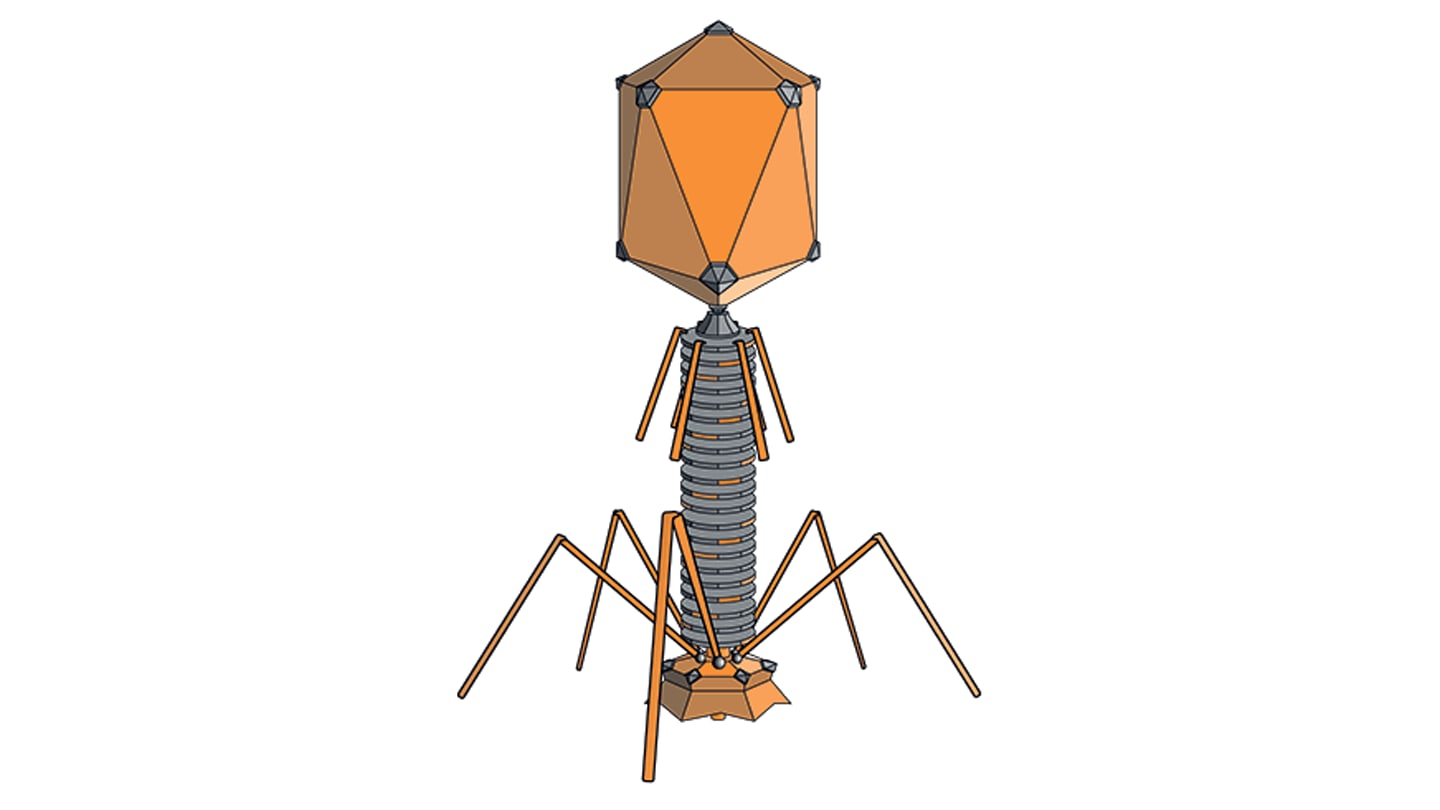The number of obese adults has tripled since 1975 (1), resulting in increased pressure on healthcare systems worldwide, and starting a race for new drugs that can control weight gain. The spiral of bad diet choices and lack of exercise can certainly lead to obesity, but it’s also known that some people struggle more than others to lose weight. Damien Keating, a principal research fellow at Flinders University, and Beverly Rothermel, Associate Professor at The University of Texas, Southwestern Medical Center, are investigating RCAN1, a gene associated with Alzheimer’s disease and Down syndrome that may also be linked with the weight loss process. Here, they share details of their research.
Our world and lifestyles are changing. Whether it be improved economic status or the accessibility of cheap foods, our calorific intakes are increasing and affecting our weight statuses. However, it goes without saying that the pandemic of obesity is a complex issue and can’t simply be reduced to overeating.
This multifactorial issue hasn’t been fully explored and so our knowledge is still evolving. We do know that our exposure to diet and exercise in early childhood can affect our weight. But understanding why it is more difficult for some people to lose weight than others leaves us scratching our heads.
Regardless of the underlying causes for obesity, the individuals who struggle with it are all at risk of developing conditions that affect the quality of their lives. It’s not uncommon for the obese to develop conditions such as heart disease, diabetes and some types of cancer. Therefore, by preventing obesity we should be able to reduce the burden on healthcare systems.
RCAN1 isn’t a new protein on the scene. But our research has given us a unique insight into the ways this protein can affect human health. It is highly expressed under stressful situations – reactive oxygen species, high extracellular glucose levels and even amyloid beta plaques associated with Alzheimer’s disease can boost the levels of RCAN1 in the body.
We have found that RCAN1 is potentially important in the regulation of body weight and fat mass. And by disrupting its expression in the metabolic tissues of mice, we have observed that they are able to burn more energy than normal mice while consuming a high fat diet. Their energy consumption was not due to increased activity or because they ate less – they simply burnt more energy while at rest.
RCAN1 inhibits non-shivering thermogenesis (a metabolic process confined to fat cells, controlled by the sympathetic nervous system). RCAN1 elicits its effects by transforming white adipose tissue into brown. White adipose tissue has a broad spectrum of functional applications in the body, but it is unable to oxidize the fatty acids within its adipocytes as quickly as brown adipose tissue. Obese patients typically have more white fat cells than average.

Being able to burn calories at rest is of massive benefit to patients. Our current goal is to develop a series of compounds that target a key aspect of RCAN1 function with the aim of testing their usefulness as future anti-obesity drugs. These drugs may have the potential to be used in conjunction with other anti-obesity drug classes and with traditional approaches, such as exercise and diet.
It is unrealistic to believe that any form of medication alone will be the best approach to permanently changing a person’s weight. After all, bariatric surgery, though effective, doesn’t prevent a patient from putting on weight if they are unable to manage their diet or partake in regular physical activity.
It would also be remiss of anyone to suggest that a poor diet and lack of exercise would be advisable in any situation. The health risks associated with poor diet such as high cholesterol and atherosclerosis, or the poorer mental health outcomes and increased frailty in elderly individuals associated with reduced physical activity, cannot be avoided by relying on medication alone. No matter what pharmaceutics are on the market for weight loss, we should always promote proper diet and exercise.
References
- WHO “Obesity and overweight”. Available at https://bit.ly/2Lul9Q9. Last Accessed January 7, 2019. D Rotter D et al., “Regulator of Calcineurin 1 helps coordinate whole-body metabolism and thermogenesis,” EMBO Reports, 19 (2018). PMID: 30389725.




